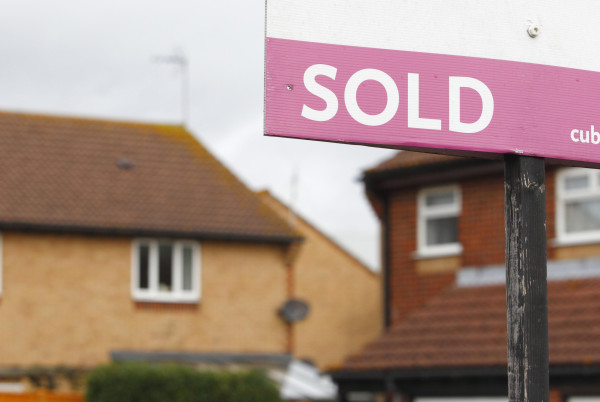

Hips were formerly required before a property in England and Wales could be put on the open market for sale with vacant possession, containing documents such as title documents, guarantees and an energy performance certificate.
The packs were aimed at cutting the number of abortive sales and became mandatory for homes with four or more bedrooms on 1 August 2007, and for three-bedroomed properties from 10 September 2007.
Hips met with criticism from sections of the property sector, including the Council of Mortgage Lenders and the National Association of Estate Agents, and were scrapped in 2010.
But the packs seemed to be set to make a return after senior Conservative MP Michael Gove told BBC Radio 4 programme PM they “had some validity”.
The cost of the packs, including the cost of the postponed home condition report, was initially estimated to be £600 by the government – although for more complex cases it was likely to be significantly greater.
Mr Gove, who was shadow housing spokesman prior to Hips’ roll-out, acknowledged their implementation had been flawed but suggested the Conservatives could “look again at this process”.
However a Conservative spokesman later distanced the party from Mr Gove's comments by stating Labour’s home information packs duplicated costs and no-one trusted them.
He said: "The government wants to speed up the home buying and selling process, to cut costs for consumers and make the experience of buying a home more consumer-friendly and less stressful. This will include encouraging greater competition in the market and more digitisation.
"Evidence shows that large numbers of transactions are delayed or fall through and the financial, and emotional, costs to consumers when this happens can be high.
"This is not only bad for individual consumers who spend £270 million per year on failed transactions.
"Millions more are lost to estate agents and conveyancers operating on a ‘no sale, no fee’ basis who incur costs they cannot recoup directly when transactions fall through. These costs are likely to be passed on in the form of higher fees and commissions, meaning many consumers will pay more for these intermediary services than they should.
"The last Labour government’s attempted reforms were a failure."
Jeremy Leaf, north London estate agent and a former residential chairman at the Royal Institution of Chartered Surveyors, said Hips should not be the main focus for the Conservatives following the election.
He said: “There is nothing wrong with examining the home-buying process from time to time to look at ways of improving it but at a time of severe housing crisis, which has been acknowledged by all the major parties, we should really be concentrating more on improving accessibility and supply, allowing people to get on with their lives.
“However, the most contentious part of the Hip was the condition report which the government wrestled with for such a long time without really solving the issues of impartiality, cost, liability, compromising the seller's intention to market their property and a whole host of other issues.
“If the Conservatives are really serious about improving the home-buying process, there is still much that can be done that wasn’t done and continues to be ignored.
“Areas to look at include greater transparency, better communication, availability of information, and, particularly with regard to leasehold, control of the availability and cost of management information.
“If these issues were addressed, it would go a long way to improving the experience of buying a home and ensuring that deals which are struck are more likely to be completed quickly.”
simon.allin@ft.com
This article has been amended to include comment from a Conservative party spokesman.



